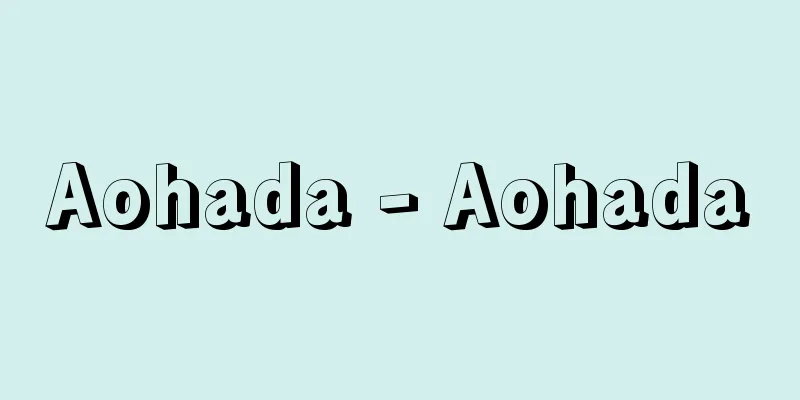Job analysis - Job analysis

|
Job analysis is the analysis of the content of a job in order to make the entire work that one member of an organization shares and performs into a basic document for job, personnel management, and organizational management. Items that should be clarified for each job include (1) job content (purpose, overview, method and procedure of performance), (2) work load (intensity and density of work), (3) work environment (special conditions such as heat and cold, light and darkness, dryness and humidity, noise, dust, gas, vibration, etc.), (4) hazards (electric shock, explosion, fire, height, accident rate, occupational disease rate), (5) job requirements (physical strength, knowledge, experience, qualifications, personality), (6) responsibility for results (degree of personal and material damage if job is not performed, sanctions), (7) leadership responsibility (content and necessity of training successors), (8) supervisory responsibility (content and degree of command and supervision by the supervisor), and (9) authority (scope of authority associated with the job). Job analysis can be carried out in a number of ways, including (1) self-administered completion by the actual employee, (2) observation by the analyst, (3) interview, (4) use of statistical data, (5) measurement, and (6) testing, but usually a variety of methods are used in combination with careful preparation and planning. The results of job analysis are compiled into a job description or job specification, and for personnel management, they serve as material for hiring, promotion, transfer, performance evaluation, education and training, wages, safety and health, and so on. Job analysis is an absolute requirement, especially when hiring employees on a job-based salary basis. For organizational management, they serve as material for the allocation of duties, organization of departments, command and supervision, and the creation of various regulations. [Mitsuo Morimoto] [Reference item] |Source: Shogakukan Encyclopedia Nipponica About Encyclopedia Nipponica Information | Legend |
|
組織のなかで1人の構成員が分担し遂行する仕事の全体を職務、人事管理や組織管理の基礎資料とするために職務の内容を分析することを職務分析という。各職務について明らかにすべき項目は、(1)職務内容(目的、概要、遂行の方法と手順)、(2)労働負担(労働の強度・密度)、(3)労働環境(寒暑、明暗、乾湿、静騒、粉塵(ふんじん)・ガス・震動等の特殊条件)、(4)危険災害(感電、爆発、火災、高所、災害率、職業病罹病(りびょう)率)、(5)職務要件(体力、知識、経験、資格、個性)、(6)結果責任(職務を遂行しなかった場合の人的・物的損害の程度、制裁)、(7)指導責任(後進者育成の内容と必要)、(8)監督責任(監督者による指揮・監督の内容と程度)、(9)権限(その職務に伴う権限の範囲)などである。 職務分析の実施方法には、(1)実際の担当者による自己記入、(2)分析者による観察、(3)面接聴取、(4)統計データ使用、(5)測定、(6)検査などがあるが、通常は、周到な準備と計画のもとに各種の方法が併用される。職務分析の結果は、職務記述書や職務明細書にまとめられ、人事管理については、採用、昇進、配置転換、人事考課、教育訓練、賃金、安全衛生などの資料とする。とくに職務給を採用する場合には、職務分析が絶対的要件となる。組織管理については、職務の分担、部門の編成、指揮監督、各種規程の作成などの資料となる。 [森本三男] [参照項目] |出典 小学館 日本大百科全書(ニッポニカ)日本大百科全書(ニッポニカ)について 情報 | 凡例 |
Recommend
Pour point depressant
When a solution or a mixture in liquid or slurry f...
Continuous process
…A process in which the raw materials change over...
Myelitis
[What kind of disease is it?] It is an inflammatio...
Waitz, Georg
Born: October 9, 1813, Flensburg Died May 24, 1886...
Urado - Urado
Located in central Kochi Prefecture, on the west c...
Appia, A. - Appia
…He tried to reject realistic stages that exuded ...
Intertrigo-type candidiasis - Intertrigo-type candidiasis
...It is easily mistaken for diaper rash. (2) Int...
American Bar Association
...The reason for this system is that it is desir...
Lecythorhynchus hilgendorfi (English spelling) Lecythorhynchus hilgendorfi
...adults are generally free-living, but many spe...
Silesia
…the region developed within the German cultural ...
Two-sided argument - Ryotoronpo
〘noun〙 (translation of dilemma) In formal logic, a...
Submarine chaser (English spelling)
A small anti-submarine vessel with a displacement...
Statute of Monopolies
…Although it has a property law structure, its ac...
Otome Tunnel - Otome Tunnel
…During the Yamato Imperial Court era, the Usui R...
Marini, B.
…They date back to the early Baroque period, and ...









